Exhibition Night at Pittsfield Middle High School: Where Students Take Ownership of Learning

On the evening of June 9th, anyone looking for a student in Pittsfield, New Hampshire would have found all of them together in one place – at school. It was Pittsfield Middle-High School’s annual Exhibition Night, where every student in the district gathers to share something that they have learned that year. The event offers… Read More ›
5 Big Ways Education Will Change By 2020

This article asks the world’s most innovative companies in education about the future of the classroom, and shares their predictions for the next five years. Some of the predictions include schools and classrooms in which students interact remotely with others, utilize more individualized learning, have a greater voice with opportunities for feedback, and feel respected. This article could be a… Read More ›
Common Instructional Framework
The Common Instructional Framework, developed by Jobs for the Future, identifies six strategies for powerful teaching and learning. Forming the basis of a coherent college-preparatory curriculum, these instructional strategies succeed because they engage all students in learning and require them to take an active role in their education. The six strategies to build college readiness… Read More ›
Digital Badging and Micro-Credentialing
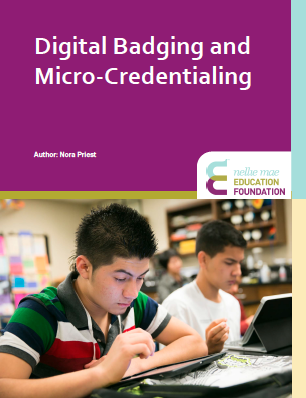
This paper explores what badging really represents for PK-12 educators dedicated to student-centered learning with the help of voices directly involved in badging and micro-credentialing and educators thoughtfully watching it. It reflects on the potential of using badging with students and with educators, as a strategy to transform professional development. The perspectives included in this… Read More ›
8 Ways Blended Districts Can Implement a Competency-Based Structure
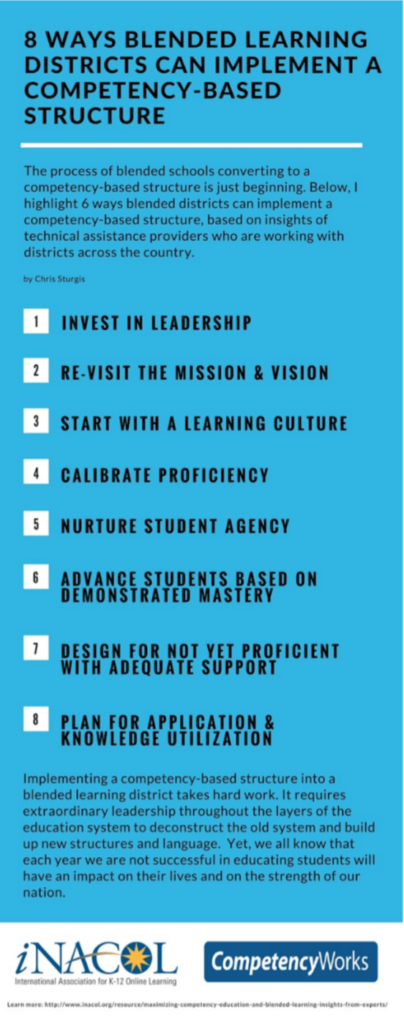
This blog post by writer and consultant Chris Sturgis discusses how districts implementing blended learning can go further to become truly competency-based. Chris Sturgis asserts that while blended learning embraces the use of personalization, on its own, it is not the same as competency education which requires a rethinking of the traditional system to advance… Read More ›
How Misconceptions About Competency Education Could Undermine Equity
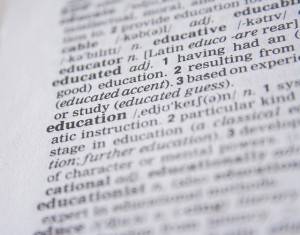
This article, the third in a CompetencyWorks series on equity in personalized learning, explores implications of the misunderstanding and misuse of terms within competency-based and blended learning. The author asserts these misunderstanding can lead to poor implementation, inequitable practices, and lower achievement. He reviews four common misconceptions, such as failing to understand the difference between “flexible pacing” and… Read More ›
What’s Next for Maker Education

This guide, “What’s Next for Maker Education” was developed by EdSurge and explores a range of maker-related topics, including: How can we help making become more equitable and inclusive? How can maker education embrace traditional technology, including computer science? What are the benefits of a maker education, and how do we measure them? Included in the guide are also tips… Read More ›
What a Blended Learning Classroom Really Looks Like: An Urban Teacher’s Reboot
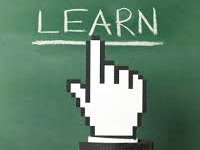
This opinion piece was originally written for The Hechinger Report, June 2, 2016 Can we teach all students? In an increasingly diverse nation, I want you to consider the question. If you are not sure, it’s o.k. Now I want you to imagine a world where you would not have to do this —… Read More ›
Students Take Charge

This article takes a look at two models of assessment in student-centered classrooms to find out what’s working. There are now hundreds of schools, dozens of districts, and at least 15 states actively striving for a student-centered learning system, but if kids are in charge, how do you know they’re learning? Since assessments can factor in… Read More ›
College, Career, and Civic Readiness: The Case of the Missing ‘C’

This article by Stephen Hamilton, Dean of the High Tech High Graduate School of Education, discusses his observation of the neglect of the idea of “civic readiness” in conversations about preparing students to succeed. He asserts that if career readiness is often neglected, civic readiness is all but forgotten. He also asserts that civic readiness somehow seems… Read More ›
Seizing the Moment: Realizing the Promise of Student-Centered Learning
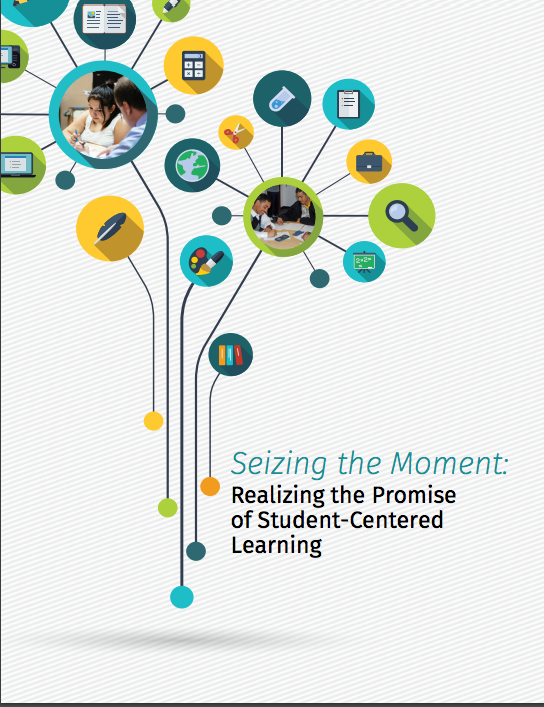
This policy brief presents a series of recommendations for building public will in support of student-centered learning, including policy priorities that can help to expand its practices more broadly at the local, state, and federal level. It incorporates profiles of schools and programs which illustrate the power of student-centered learning in action. A growing body… Read More ›
Defining and Visioning Blended Learning: The Learning Accelerator Goes Deeper

This article published by The Learning Accelerator (TLA), a national nonprofit organization that is, in their words, “seeking to transform K-12 education by accelerating the implementation of high-quality blended learning in school districts across the US through cultivating and funding the supporting ecosystem,” is an expansive, experience-informed vision for blended learning. Source Organization: Blended Learning Facts … Read More ›